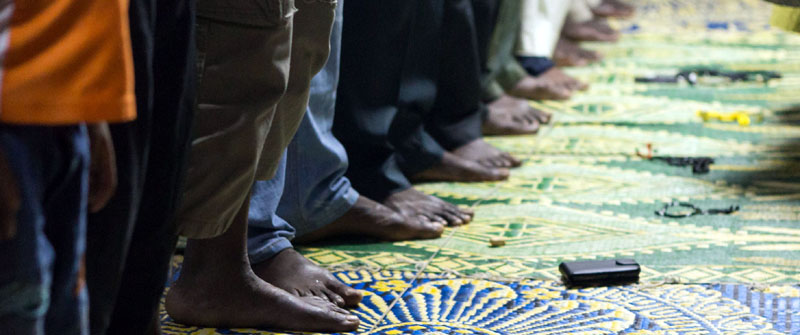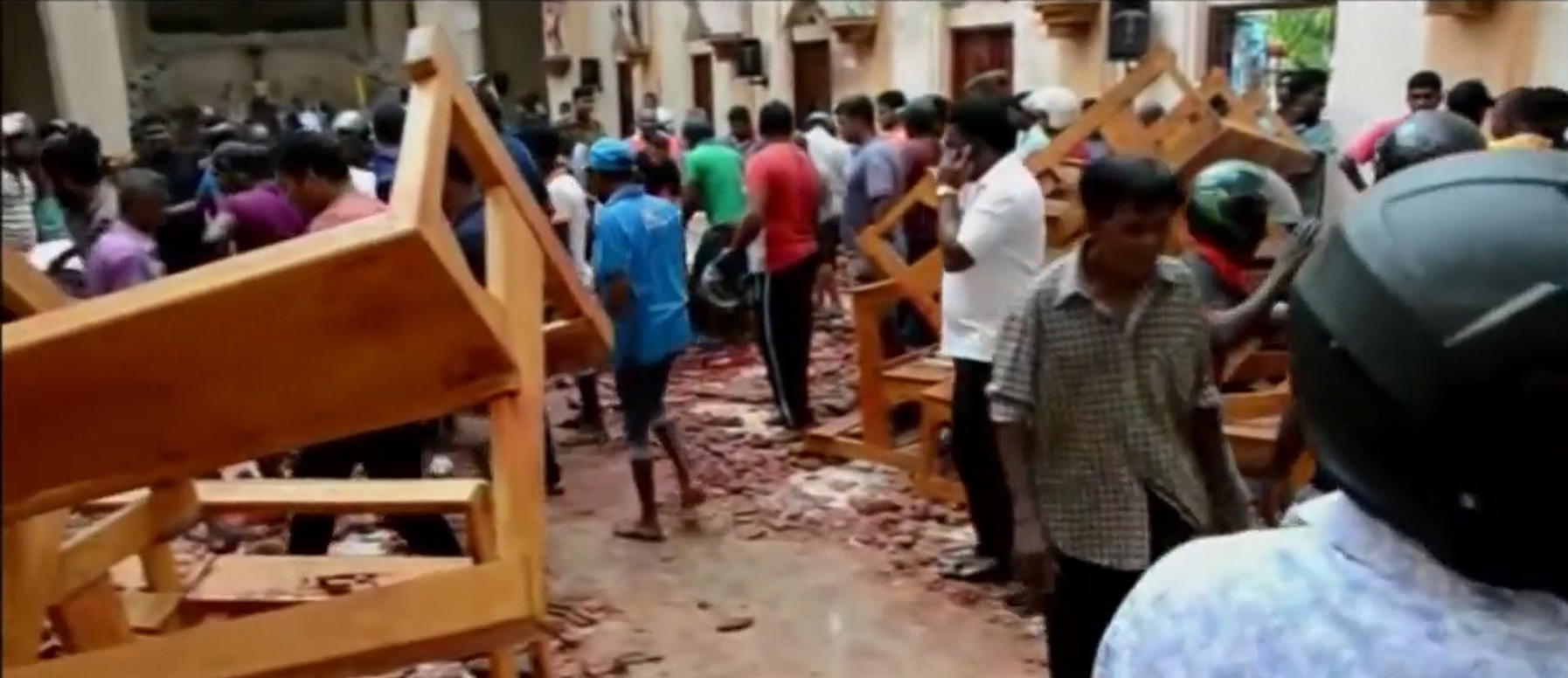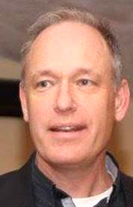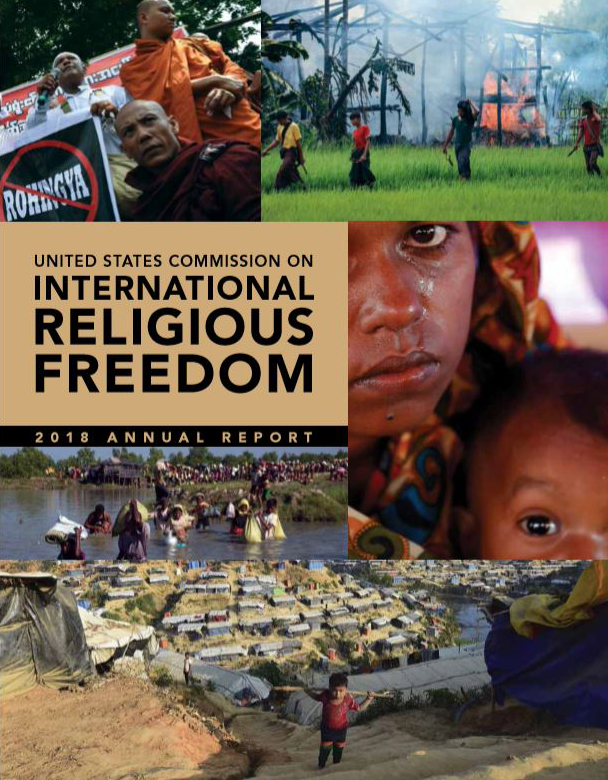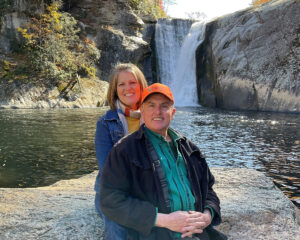
ORYOL, Russia (BP) — Russia’s nationwide outlaw of Jehovah’s Witnesses will likely ricochet and strike other religions outside of Russian Orthodoxy there, said a Baptist missionary forced to shut down his church in central Russia.
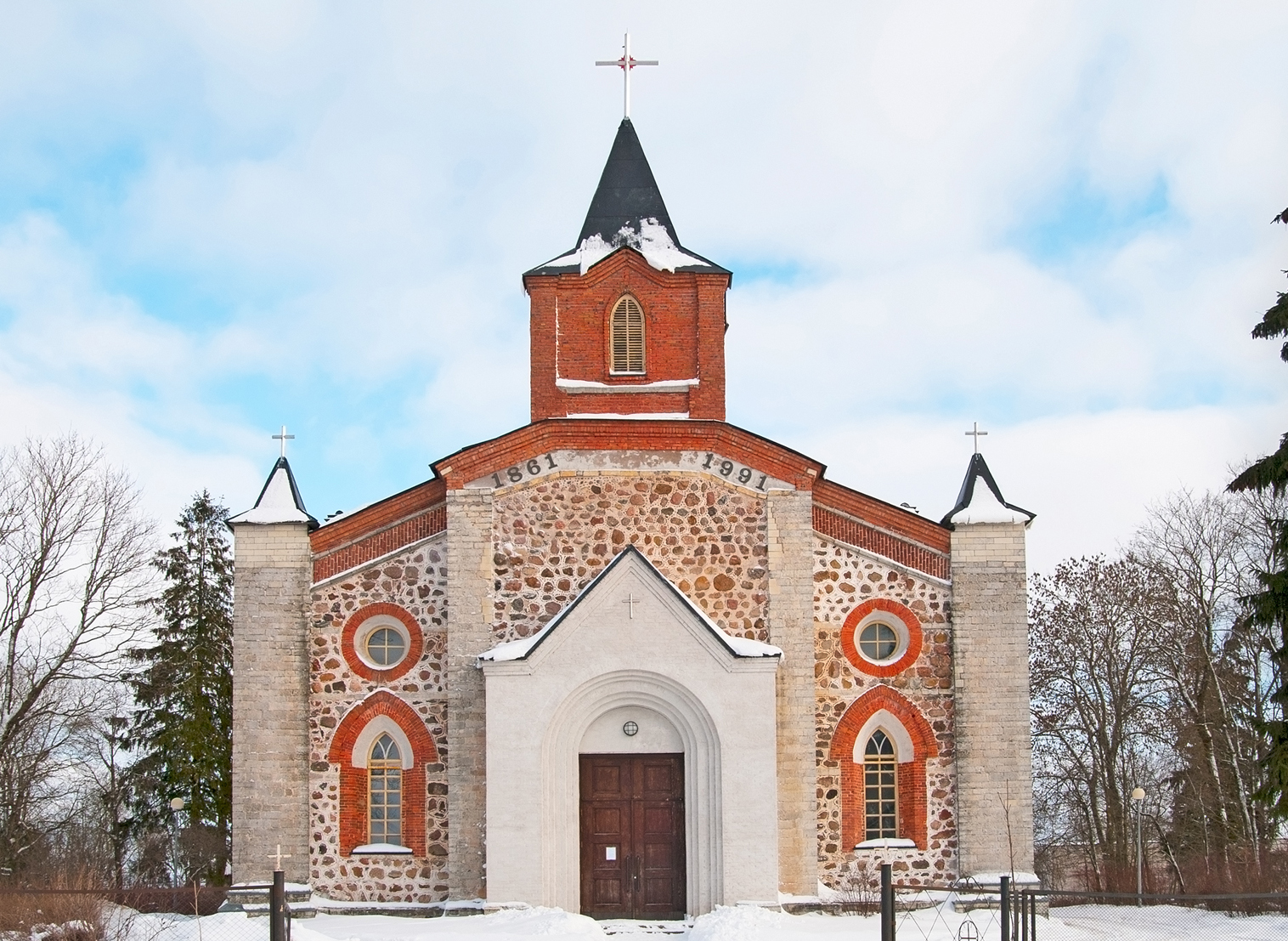 “The repression that has already started, in my opinion, it is likely to continue to get worse,” Donald Ossewaarde told Baptist Press April 27th by telephone from his home in Oryol. “I don’t see any sign that the Russian government is having a change of heart.”
“The repression that has already started, in my opinion, it is likely to continue to get worse,” Donald Ossewaarde told Baptist Press April 27th by telephone from his home in Oryol. “I don’t see any sign that the Russian government is having a change of heart.”
Ossewaarde, an Independent Baptist, has exhausted his appeals in Russia on an August 2016 conviction of operating a church without a permit under the 2016 anti-religion Yarovaya Law and is making plans to return May 8 to his home in Elgin, Ill. The Baptist ministry he had legally operated since 2002 will cease in the nation where Ossewaarde said every religion outside Russian Orthodoxy is considered a cult, including Protestantism.
“I think the Orthodox Church is on a roll,” Ossewaarde told BP. “They’re emboldened. They’ve had some success in using the government to close down competitors. I would expect that they will continue along the same lines.”
In one of Russia’s latest acts of religious oppression, the nation’s Supreme Court April 20th declared Jehovah’s Witnesses an extremist group, allowing the government to seize the assets of the church’s headquarters and 395 local chapters with 170,000 adherents, the TASS Russian news agency reported from Moscow. The ruling has not been implemented because of the appeal process, TASS said.
The U.S. Commission on International Religious Freedom just classified Russia as one of the world’s worst violators of religious liberty, recommending in its 2017 annual report that the U.S. government deem Russia a “country of particular concern” under the International Religious Freedom Act and negotiate for religious liberty.
Russia’s religious discrimination and criminalization of Jehovah’s Witnesses in particular should concern all evangelical Christians, Southern Baptist Theological Seminary President R. Albert Mohler Jr. said April 24th in The Briefing, his daily news and opinion podcast.
“A government that could identify the Jehovah’s Witnesses as an extremist group and make the group illegal is the same government that can identify Presbyterians or Lutherans or Baptists as an extremist group,” Mohler said, “simply because what is taught runs contrary to some aspect of what is affirmed by the Russian President and his increasingly autocratic state.”
Russia criminalized the group for its beliefs rather than its actions, Mohler noted, albeit the group’s beliefs are counter to Southern Baptist theology.
“The Jehovah’s Witnesses were here identified as an extremist group,” Mohler said. “Now the bottom line in the political reality is that Jehovah’s Witnesses lacked the political patronage and protection of anyone inside or outside Russia to keep the Russian government through its Supreme Court from making this declaration and thus making it illegal — and that means punishable by prison time — for anyone to be organized and involved with the Jehovah’s Witnesses.”
The Independent Baptist congregation Ossewaarde led will likely watch a livestream of a service from another city, Ossewaarde said.
“In order for them to continue something after I’m gone, they have to file papers with the authorities and put their name on a list saying they are a religious group,” Ossewaarde told BP. “We discussed it for a long time. When it came right down to making a decision, they said we are not ready to put our names on a government list. As far as a meeting place here in our city, there won’t be anymore.”
Russia has several denominational congregations outside Orthodoxy that Ossewaarde describes as “good Christian people” but theologically errant. Among differences, Russian denominational churches including Baptists believe that professed Christians can lose their salvation.
“The particular type of ministry we had,” Ossewaarde said, “there really is nothing exactly like we had.”
Ossewaarde is selling his Oryol home and church building, resigning his position with Baptist International Missions Inc. and taking a deanship with Providence Baptist College in Elgin, Ill., a ministry of Northwest Bible Baptist (Independent) Church.
Ossewaarde was charged Aug. 14, 2016 under the Yarovaya Law for holding religious services in his home, advertising services on bulletin boards in nearby neighborhoods, and failing to give authorities written notification when he began his religious activities. He was fined 40,000 rubles, about $600. He has appealed his conviction to the European Court of Human Rights, but the court typically takes five years to issue a ruling and Russia has disregarded unfavorable decisions, Ossewaarde said.
“But it is a way to put international pressure on Russia; they are concerned about public opinion and appearances,” Ossewaarde said. “So it does mean something. It’s not going to fix anything quickly, but it is a way to put pressure on the Russian government to back off a little bit.
“We’re hopeful it will have some effect.”

